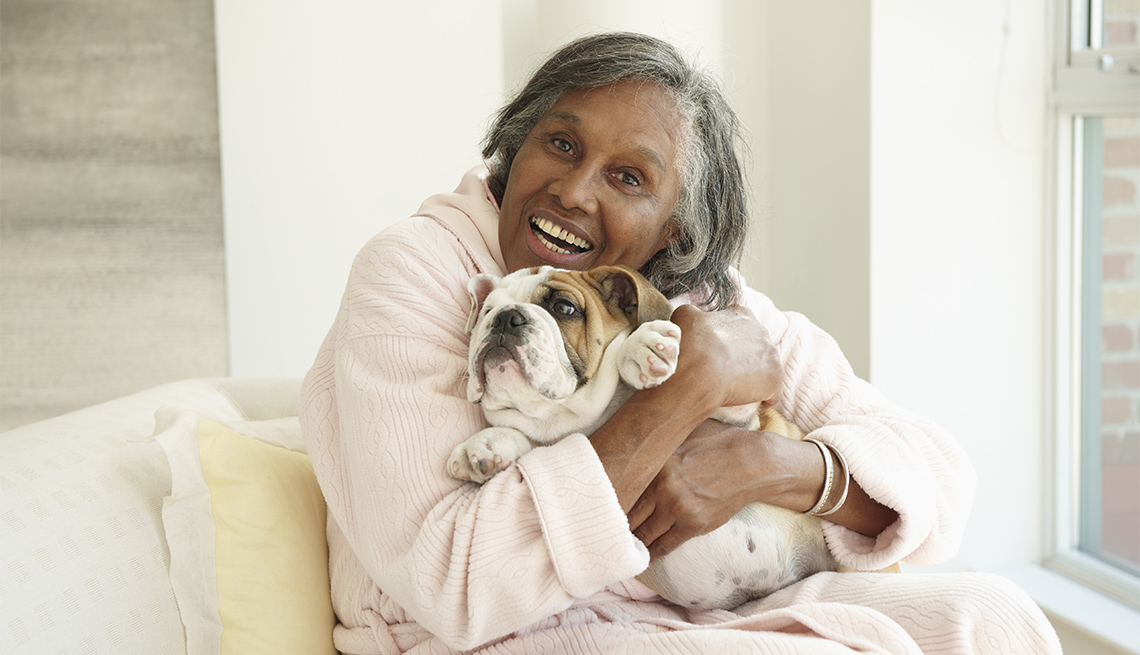Pet ownership may delay cognitive decline in older adults
- Select a language for the TTS:
- UK English Female
- UK English Male
- US English Female
- US English Male
- Australian Female
- Australian Male
- Language selected: (auto detect) - EN

Play all audios:

Science has long declared that pets help people de-stress and stick to a healthy routine. They can also decrease depression and physical pain and, in many cases, provide a sense of purpose.
A new study suggests that pet ownership is even better for older people than previously known. This preliminary study, released by researchers at the University of Michigan, has linked
long-term pet ownership to delayed aging of the brain in adults over 65. The new data will be presented at the American Academy of Neurology’s 74th Annual Meeting in Seattle in early April.
“Prior studies have suggested that the human-animal bond may have health benefits like decreasing blood pressure and stress,” said Tiffany Braley, M.D., of the University of Michigan Medical
Center in Ann Arbor, who oversaw the study, in a press release. “Our results suggest pet ownership may also be protective against cognitive decline.” Using data from the Health and
Retirement Study, an examination of 1,369 Medicare beneficiaries, Braley’s work looked at cognitive data from older adults with an average age of 65 who had normal cognitive skills at the
start of the study. A total of 53 percent owned pets, and 32 percent were long-term pet owners who had owned their animals for five years or more. For that Medicare study, researchers
measured cognitive function through various tests, including number counting, subtraction problems and word recall. Participants received a cognitive score ranging from 0 to 27 based on how
well they performed. Over six years, cognitive scores decreased at a slower rate in pet owners, especially for the one-third who fell into the long-term pet owner category. On average, they
had a cognitive composite score that was 1.2 points higher compared to non-pet owners. Those cognitive drops were even lower in Black participants, men and older adults with a college
education. “I definitely think having a pet makes a difference,” says caregiver Lorie Martan, 60. “Anything that helps stimulate the brain is good — plus all the love you’re giving to that
animal.” PETS, PEOPLE AND THE BRAIN For the past two years, Martan has been caring for a bedridden 80-year-old woman plus her dog and cat in the woman’s San Clemente, California, home. The
cat, Maggie, spent all day and night in its owner’s room, often sleeping on her chest. Visit AARP STAYING SHARP to learn how to take control of your brain health Martan has been concerned
about her employer’s well-being since the 21-year-old feline’s death in January. “The cat kept her busy and engaged,” says Martan. “There’s not that engagement anymore.”